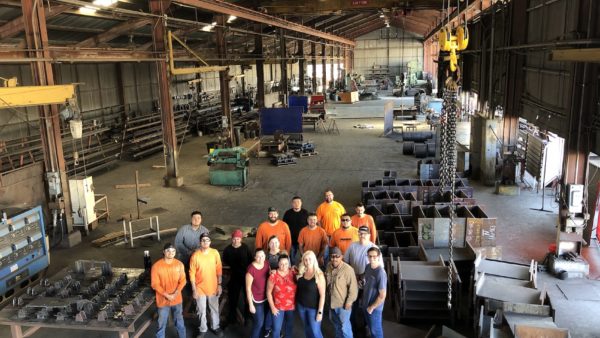Subcontractors are a main contractor’s biggest asset, but also its biggest risk.
“Fundamentally, a main contractor will live or die by the success of their subcontractors,” observed Zurich’s Andy Chisholm. He is right.Â
Main contractors have little control over supply chain partners’ cultures, financial management, or approaches to training and health and safety.
But they rely on them, absolutely. Failing subcontractors cause delays, increased costs, reduced margins, perhaps even penalties.
Zurich calculated that subcontractor insolvency is the single biggest cause – 53% of cases (PDF) – of defaults.Â
Here are signs of distress you should watch out for in your subcontractors:
- Difficulty processing contract documents, and providing timely, accurate and complete submittals;
- Increased levels of change orders;
- Frequent unanticipated personnel departures;
- Fluctuating workforce size and morale without a scope-related cause;
- Frequent management and labour resource issues;
- Strained turnover ratios (payables and receivables);
- Reduced lines of credit.
Six tips for mitigating supply chain risk
1. Check their books: Get timely, audited financial statements from subcontractors, or from known credit agencies. Then, using standard metrics, evaluate potential subcontractors according to your own defined risk criteria. Pay particular attention to a subcontractors’ cash position because, without cash, one slow-paying client or main contractor on another job can cause a subcontractor to struggle.
2. Check their capability: Does the subcontractor have experience with projects of a relevant size and scope? Watch out for subcontractors that offer multiple services. Can they demonstrate their capability across these various services? Are they local? Again, subcontractors may state that they operate nationally. Do they have the coverage of labour? Do they have access to the local labour required?
3. What’s their history? How well do you know the subcontractor? Have they worked with you before and, if so, how did it go? Do you have an effective method for evaluating and reporting on subcontractor performance? Is this information shared from one project team to another?
4. Review again and again: Use a pre-qualification questionnaire (PQQ) process or other accreditation service to select subcontractors, but remember, companies change over time, so qualification cannot be a one-time event. Consider refreshing PQQ’s at least annually, and more often for critical scopes, new subcontractors or any scopes a contractor can identify that have a heightened level of risk.
5. Limit your exposure: Even the best pre-qualification processes will not prevent defaults from happening. Therefore, it’s important to consider limitations on your exposure for any one project (project limits) and on a given sub-contractor across all projects. Perhaps define a value limit on the contracts you award based on a percentage of the subcontractor turnover.
6. Build goodwill: Invest time and effort in fostering strong relationships and you will be rewarded by what your subcontractors will do for you. Communication, consideration and trust on both sides are paramount for growing a successful supply chain relationship.
Get beyond gut feel
Managing supply chain risk requires more than a sense of what worked before. Do you have the systems and processes in place to understand and mitigate your risks? Do you have a collaborative working relationship with your supply chain?
Supply chain management software provides the necessary tools, whilst also enabling your supply chain partners to work more closely with you, through set methods of collaboration and 360-degree performance reporting. This helps subcontractors adapt and up their game, which provides better business certainty for all parties.
Developed specifically for construction businesses, COINS supply chain management software gives users the means to actively manage their most important relationships, thus preventing weak links. It features ePQQs, performance scoring, 360-degree relationship assessments, and facilities for electronic orders and invoices between buyers and sellers, taking hassle and cost out of the process.Â
- David Bullock (pictured) is a construction supply chain expert at COINS (Construction Industry Solutions Ltd), which is now a member of GCR’s global content partner network.










